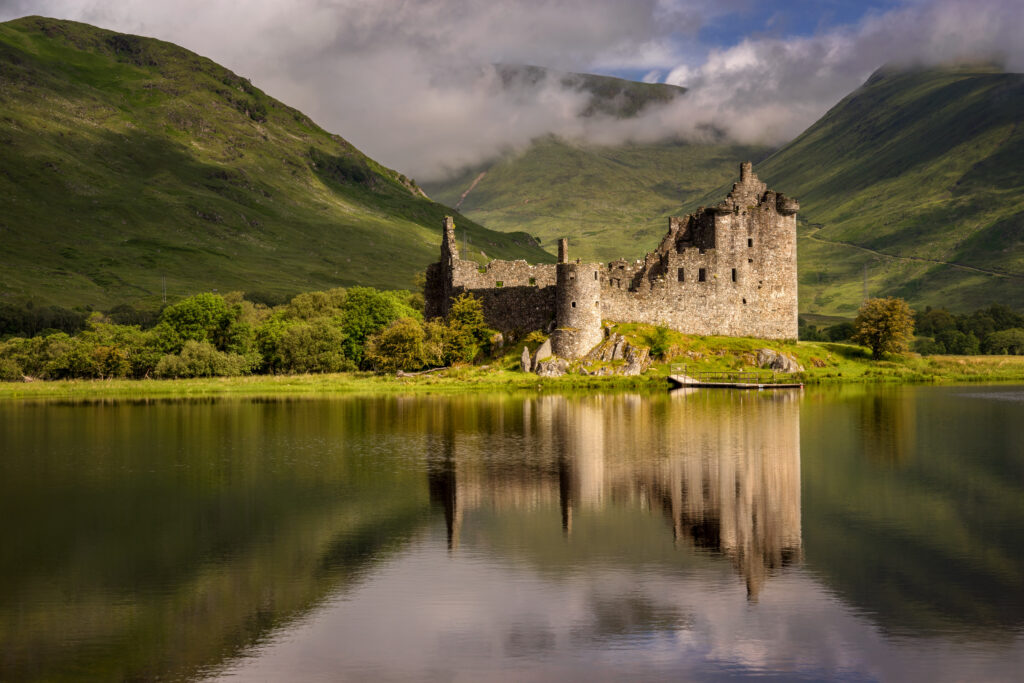Hello lovely students! Today I’ll be showing you a thing or two about British accents and how to get one. Before I start, I want to inform you that many British accents exist in and around the UK. However, when people think of a British accent, they tend to think of Received Pronunciation, which is commonly known as BBC English.
Modern Received Pronunciation (RP) is everywhere when you think of Brits in pop culture, especially in Hollywood films. Hugh Grant: modern RP. Hermione Granger in Harry Potter and Emily Blunt’s character in The Devil Wears Prada: modern RP. These are some common examples.
I speak with this accent ,and while this is the one we’ll be focusing on for this article, you must know one UK accent doesn’t exist, just like in any other country.
Now that I’ve cleared that up, let’s look at how to get that British accent quickly.
The British t
Unfortunately, I don’t mean the type of tea you drink. It wouldn’t be helpful for pronunciation, though it is delicious. The letter t in English has a lot of emphasis on it, especially if it is in between vowels. Take the word water, for instance. The t here is very pronounced (wa-T-er). In American English, water would be pronounced as wa-D-er. They use the d rather than a hard t.

All about r‘s
A general rule of thumb is that if r‘s are at the end of a word, they do not have a strong sound. This sound is known as the schwa.
Let’s look at two words with r in them: boring and water. The r in boring is strong (bo-R-ing). The r in water is not pronounced (wa-tuh). Most r’s at the end of the word have an uh sound. When making this sound, your tongue should not move at all. Try saying uh, and you will be able to feel the stillness of your tongue. British English differs from American English here as Americans tend to pronounce r’s at the end of a word, such as were, soccer, similar, cheer, pair and doctor.
Another thing about r’s in modern RP is that we tend not to roll them. This is not true in all accents and dialects in the UK, though. For instance, it is common in Scotland and Northern Ireland to roll your r’s.
Fun fact: native speakers in Northern Ireland pronounce the word mirror as mere similar to the American accent. Aren’t accents cool?
The long a
One difference between Northern and Southern UK accents is the pronunciation of the letter a in certain words.
In the South where I’m from, we tend to use the long monophthong (ɑː) in words like path and bath, whereas in the North they would be pronounced with the short monophthong (æ). Here are some more examples: fast, ask, answer, castle, after, father.
The long a is used in every English accent in the South.
If you speak with a British person or are lucky enough to have British friends, ask them about this difference. It’s bound to get some people talking.

The glottal stop
The glottal what, you say? The glottal stop is relatively common in Britain amongst English speakers. British people, mainly from Southern England (mostly Cockneys or those from Essex), use it a lot. The glottal stop is an obstruction of airflow in the glottis, which is a part of your vocal cords.
In English, people speak with a glottal stop when they omit the sound of the letter t. Butter becomes bu’er. Water becomes wa’er. Bottle becomes bo’le. The list is endless, but these are some common words that use the glottal stop.
The u sound
The u vowel sound is pronounced like the word you or yew in British English. In American accents, it is pronounced oo. Duty becomes DEWTY in British accents and dooty in American accents.
The mystery of h
The letter h is pronounced at the beginning of a word in modern RP. Herb is not erb but herb with emphasis on the h. However, some UK accents on the British Isles involve h dropping. For example, someone with a cockney accent may say ouse instead of house or e instead of he.

Loosen that jaw
The standard English accent is pretty slack-jawed, especially compared to American accents. Trust me, you will need to drop your jaw by quite a bit. Try and incorporate a few exercises to ease the area for dialect practice.
Do you want to know more?
Join me, Lucy, in my jam-packed pronunciation course, where I’ll show you how to get a British accent by combining it with British culture. Sign up for it here.